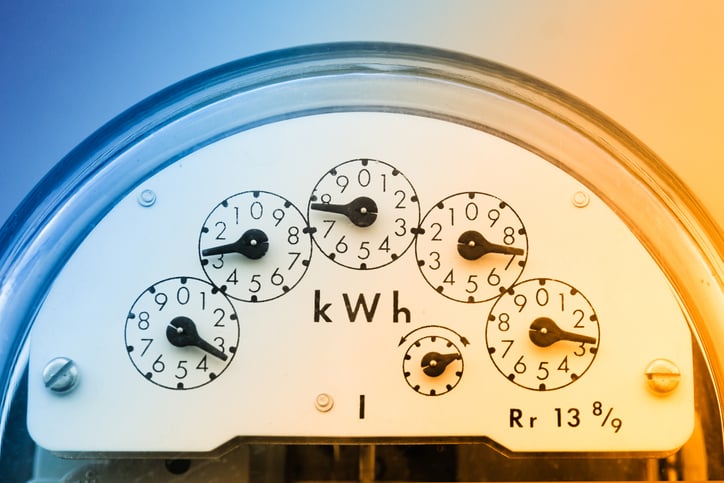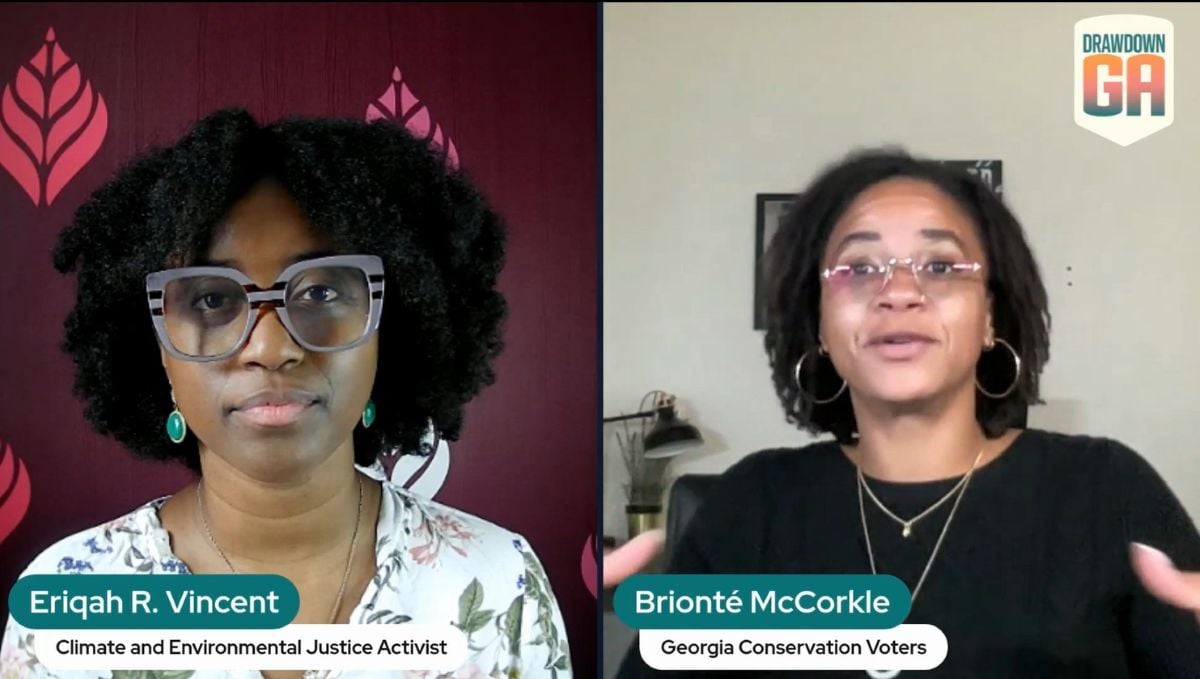Are you seeking simple ways to reduce your carbon footprint and energy use at home? Then joining a demand response program--like the Smart Usage plan offered by Georgia Power--may be for you.
With the help of the energy expertise of the Southeast Energy Efficiency Alliance (SEEA), Drawdown Georgia has created a toolkit that provides an introduction to demand response programs in Georgia to help you better understand how they work and how you can benefit by signing up.
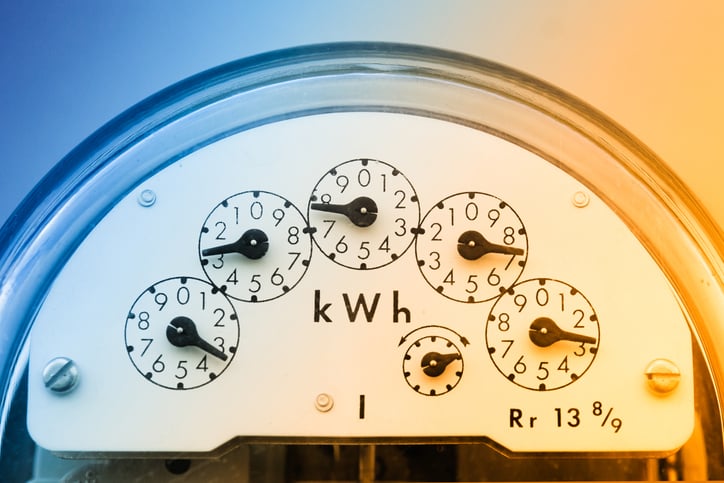
What is a Demand Response program?
Put simply, demand response programs are designed to reduce energy and utility demand on the electric grid during on-peak or busy hours by shifting that energy use to another time of day. On-peak times stress the grid because everyone is using electricity and utilities at the same time.
To meet these periods of highest demand, utility companies in Georgia often have to rely on more-polluting sources of electricity, including natural gas and less-efficient, single-cycle diesel combustion turbines that release more carbon emissions than other energy sources. This is where demand response programs come into play. They prevent utility companies from having to fire up these additional power plants to meet the increased demand.
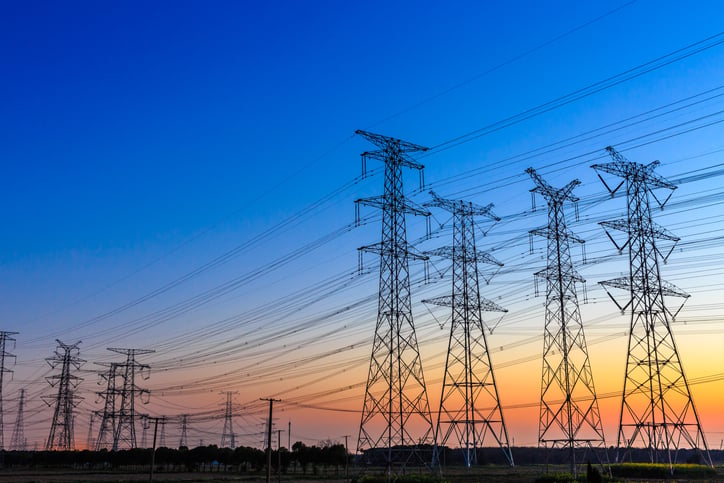
While on-peak hours typically occur between the hours of 2 and 7 pm, Monday through Friday, it can depend on the area and demand of the utility. For example, during a cold snap in the winter, more people in the area will need to depend on heating systems to stay warm. Strain can also occur in the evenings when many households run the dishwasher, throw in a load of laundry for the next day, and so on. You are most likely aware of these typical schedules in your day-to-day life. All of these activities cause a significant increase in electricity, which can be a strain for utilities.
Explore the Demand Response Toolkit from Drawdown Georgia
The Drawdown Georgia “How to Join a Demand Response Program” toolkit will answer common questions and explore ideas such as:
How Can Load Management Programs Reduce Emissions?
By signing up for a demand response program, you commit to shifting your own energy use during on-peak hours to off-peak hours to ease the strain on the electric grid. This prevents spikes in demand and the use of less-efficient, more-polluting power sources.
How Can Smart Technology Help Demand Response Programs?
Smart technology isn’t required for all demand response programs, but smart thermostats and water heaters can be effective tools in shifting your electricity use at home. For example, these tools can predict on-peak times and pre-heat or pre-cool your home so you will not be sacrificing your comfort.
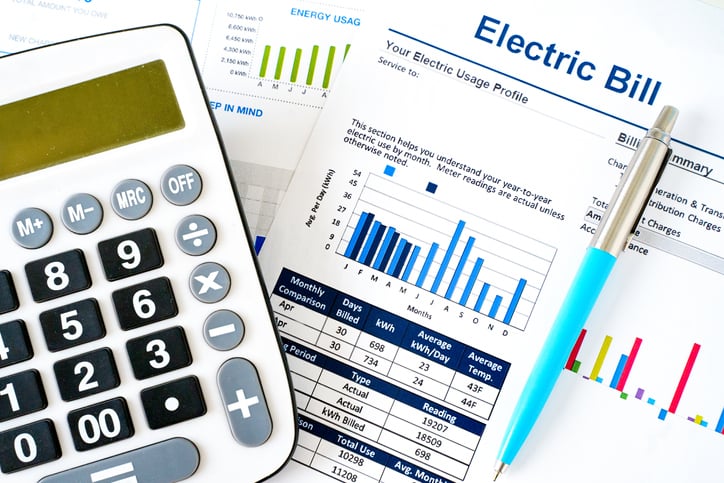
Can Demand Response Programs Reduce My Electricity Bill?
In general, reducing your energy use will in turn reduce your electricity costs.
While shifting electricity use from on-peak to off-peak may not directly reduce your utility bill, many utility programs offer rebates as an incentive for participation. A smarter electrical grid is also more efficient, and that will in turn reduce energy costs overall.
How Can I Participate in a Demand Response Program?
The Drawdown Georgia Demand Response Toolkit provides information about the most popular demand response programs available in Georgia, with links to make signing up easy.
Learn More With the DDGA Demand Response Toolkit
Drawdown Georgia’s “How to Join a Demand Response Program” toolkit is a clear guide that walks you through demand response programs to help you determine if they are a good fit for you. Whether you are just looking for more information regarding demand response programs or seeking to join one, this toolkit will answer any questions you may have.
This is the third Climate Solutions Toolkit in the Drawdown Georgia series designed to help families across our state reduce their carbon emissions. Would you like to be notified when new toolkits are released? Click the button below to subscribe now.


